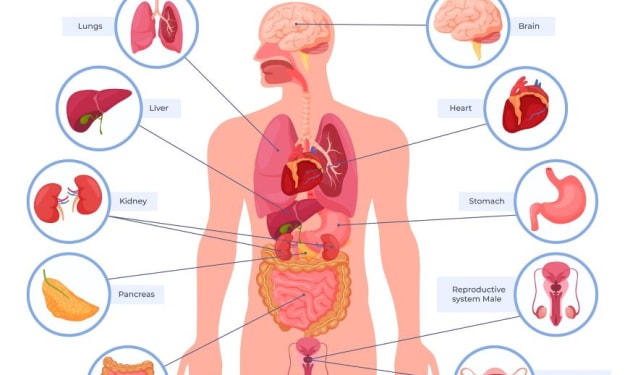If we were all immortal?
If we were all immortal?

Hey there! Some really smart people have been thinking about whether or not humans can live forever. They think that with some cool technology, like putting our minds into computers, we might be able to achieve immortality in the next few decades. Others think that we can at least extend our lives a lot longer with more research. But even if we could live forever, we wouldn't be invincible to getting sick or hurt. Some religions believe in physical immortality, like the ancient Egyptians and Greeks who thought their gods had physical bodies. Some Christians believe that believers will be resurrected to physical immortality. Other groups, like Rastafarians and Rebirthers, also believe that physical immortality is possible. It all depends on more research and discoveries in science!
No one has ever escaped death. Even the biggest creatures like dinosaurs and giant snakes couldn't avoid it. We learn that one day we will grow old and pass away. But some of us still hope to live happily ever after. Humans have found ways to live longer with better healthcare and safety measures. Our life expectancy has increased from less than 30 years to over 72 years in the last two centuries. Some people even think we could become immortal one day. But if everyone lived forever, we would have a big problem with too many people and not enough resources like food and shelter. We would also destroy the environment and many animals would go extinct. Our brains can only remember so much, so we would forget a lot of things too.
Scientists have a special name for cells that can keep dividing without stopping. They call them "immortal." The first immortal cell line was made from cells taken from a woman's tumor without her permission. Her name was Henrietta Lacks, and the cells are called HeLa. Before scientists knew about the Hayflick limit, they thought all cells could keep dividing forever. But now we know that cells have something called telomeres that get shorter every time the cell divides. When the telomeres get too short, the cell can't divide anymore and it dies. But some cells, like stem cells and cancer cells, have an enzyme called telomerase that can rebuild the telomeres. Scientists are trying to figure out how to use this to help people live longer and grow new organs. But we still have a lot to learn before we can do that.
One big problem is that we might not look the same as we do now. According to a famous scientist named Darwin, humans used to look very different a long time ago. So, if we live forever, we might end up looking really weird compared to everyone else. Plus, even though we would get to spend more time with our loved ones, we would still get sick and hurt just like we do now. In fact, there's a good chance that we would lose body parts like arms and legs, and our eyes and ears might not work as well either. Yikes!
Did you know that there's only one species that's been called "biologically immortal"? It's a type of jellyfish that can turn back into a baby when it gets old! But for humans, the idea of living forever is still just a dream. Some people in the past tried to find ways to live forever, like by making a magic potion or finding a special fountain. But now, scientists are trying to figure out how to use technology to help us live longer and healthier lives. They're working on things like freezing our bodies when we die, or finding ways to make our cells young again. It's pretty cool stuff, but we still have a long way to go before we can really live forever.





Comments
There are no comments for this story
Be the first to respond and start the conversation.